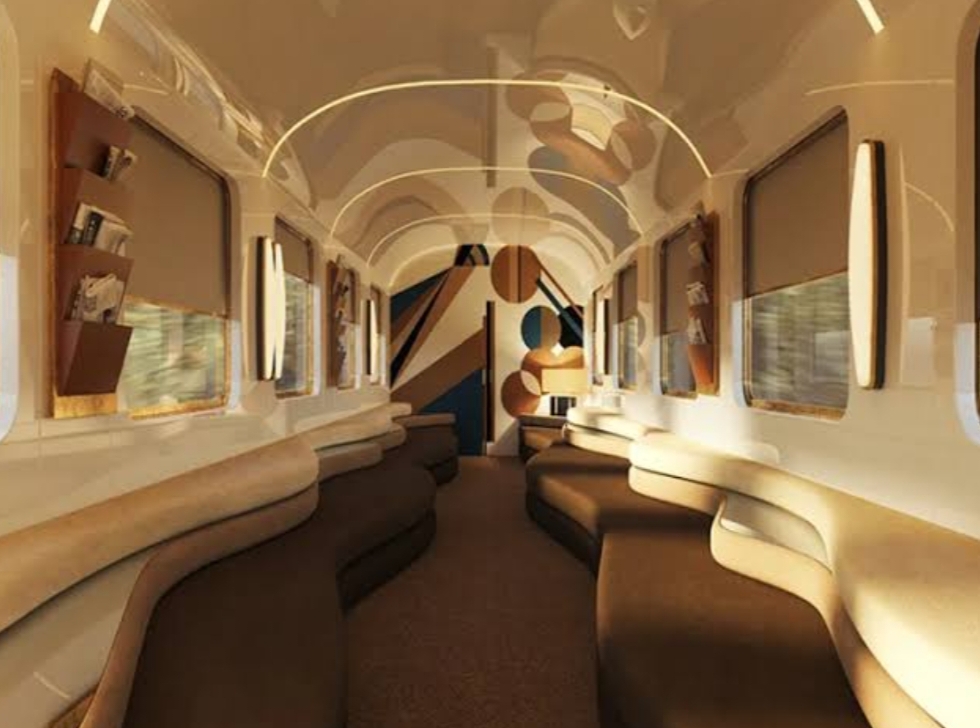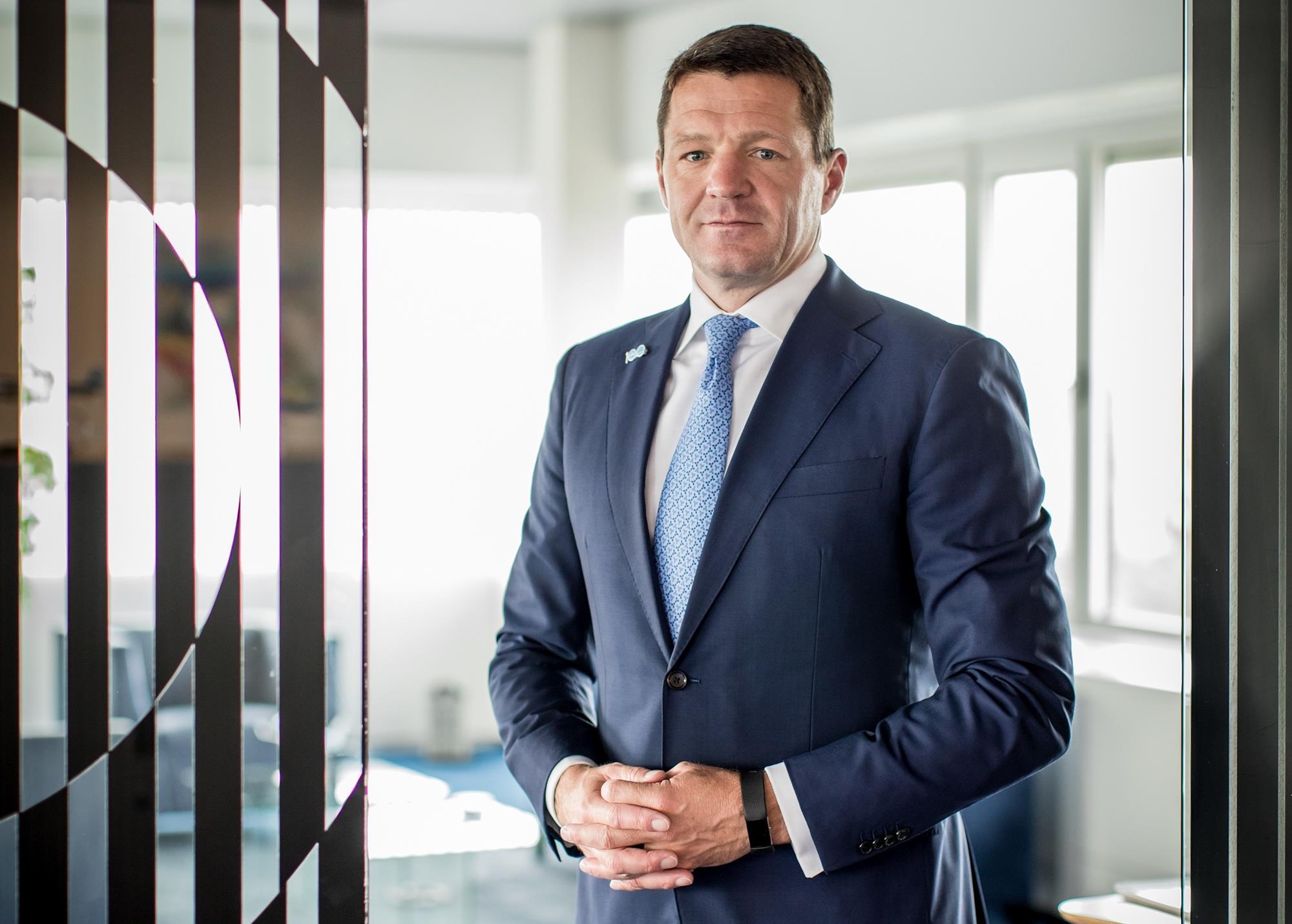India’s largest carrier by market share, IndiGo is looking to double its fleet by 2030. Having ordered for around 970 planes, the airline is set to receive one aircraft per week (50 aircraft) over the next year, IndiGo’s chief executive officer Pieter Elbers said.
The airline, which added six new destinations in the last quarter, plans to start flights to Bali (Indonesia) and Medina (Saudi Arabia) in the upcoming quarter (Q3FY24) as part of its international expansion plans. “Q2 was when internationalisation came to fruition. We will continue our internationalisation,” Elbers said, adding that the airline is currently operating around 500 routes, including over 100 international.
Of its massive orderbook the airline is awaiting the delivery of the Airbus A321XLRs (extra long range) aircraft that will begin joining its fleet late in 2024 to fly non-stop flights (in the duration of up to 7-8 hours) from India to Athens and Seoul, Elbers revealed.
In fact, going forward, the focus of the airline is not just to connect international destinations out of metros, but also other parts of the country (read tier-II cities). “It (A321XLRs) will not only stretch our reach further into Asia and Europe but also within India itself,” Elbers said.
IndiGo, which recently signed a codeshare partnership with UK flag carrier British Airways, is now looking to expand its codeshare with the Australian flag carrier Qantas. It has been scouting for more global partners to spread its wings to destinations across the globe, already having in place codeshare partnerships with Turkish Airlines, Qatar Airways, Qantas, Virgin Atlantic, KLM, American Airlines and Air France.
In the quarter ended September, Indigo posted a net profit of INR 189 crore, marking a 28% growth year-on-year. It expects to close the next quarter at 25% YoY growth moderated by the growth it saw in last year’s third quarter. This was a profitable Q2 after five years, which traditionally is considered a weaker quarter in the airline business.
IndiGo is also “well on track” to achieve the target of carrying 100 million passengers this financial year, Elbers said. (Source Deccan Herald)






